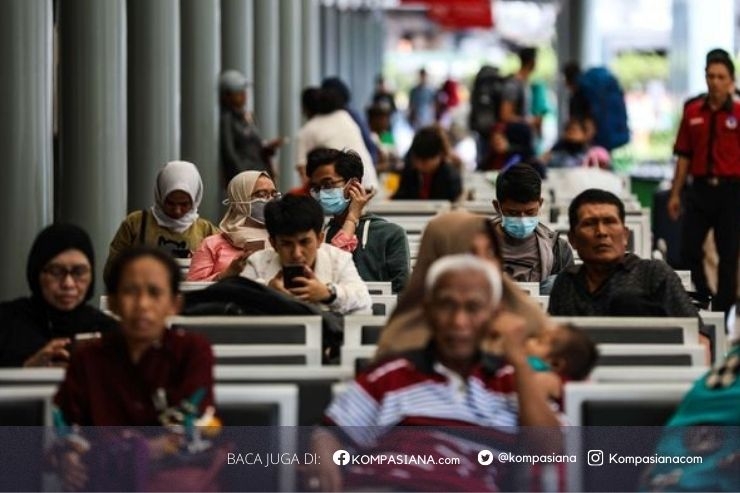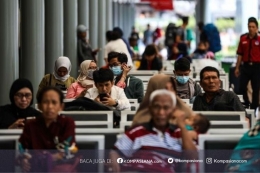Cobalt and lithium mining in the Republic of Congo, is a very promising industry for every individual and major countries. Because cobalt and lithium are natural resources that are very influential to technological progress. Moreover, the trend of using electric cars in the international environment is crowded in order to create a green environment, Many developed countries are investing to establish their own mining, such as for example technology giant countries such as China which mined lithium by 13% since 2021 reported by (ESG).
The development of electric cars has been used as a solution by several countries, to deal with environmental crises to energy scarcity, especially electric cars are very efficient, flexible and environmentally friendly by using rechargeable batteries. Users only need to charge if then the battery is weak or runs out, no need to bother refueling like conventional cars.
Technological advances in the field of transportation are very influential in creating a green environment. This technological advancement also raises demand for certain metals such as cobalt and lithium, as the main materials for making lithium-ion batteries, which will later be used for the purposes of electric cars to cell phones. Congo, a resource-rich country, is expected to receive demand for 222,000 tons of cobalt by 2025, three times greater than in 2010.
The rapid development of technology brings hope to the international world, but on the other hand it also causes economic disparities to the humanitarian crisis in the Republic of Congo. Expansion to develop industries in a number of regions resulted in forced evictions to human rights violations such as sexual violence against women, and work dominated by underage workers to lack of safety equipment. This shows a very serious problem with natural resources to the sustainability of humanity in the Republic of Congo.
The problem of natural resource exploitation and human rights violations in the Republic of Congo, has become a challenge to international law because the exploitation resulting from investment and industrial development by large countries against developing countries, often contradicts the International Covenant on Civil and Political Rights or often known as (ICCPR) which has been established by the United Nations based on Resolution 2200A (XXI) On December 16, 1966, this Agreement entered into force on March 23, 1976.
"ICCPR is a kind of universal ratification that applies everywhere, including in Congo, it should be big countries that invest to establish industry. Must respect human rights in developing countries which include, conventions on political, civil and economic rights (Economic, social and cultural), which must be respected by the subject of international law, "said Fadlan Nur Hakiem, S.IP., M.Si, Lecturer of International Law at Singaperbangsa University Karawang.
Advances in the field of transportation in the international world, globalization must not cause and forget human rights, Congolese people experienced significant economic exploitation, resources and abuse in the colonial and post-colonial eras. They are still sacrificing their rights as wealth is lost around them (Al Jazeera).











